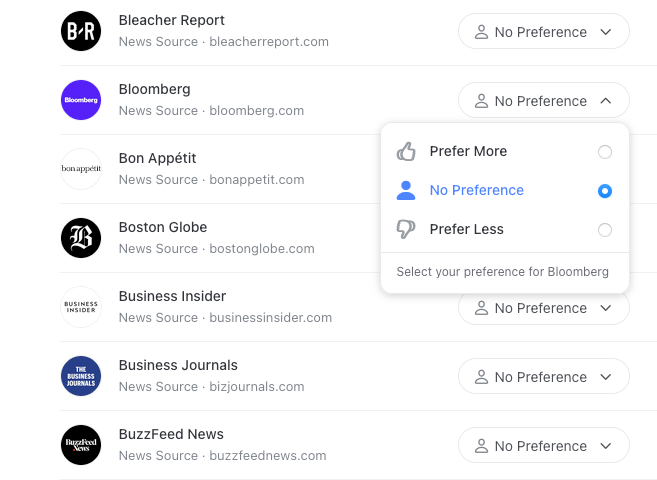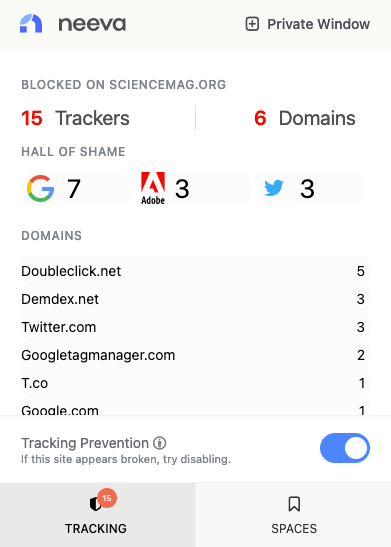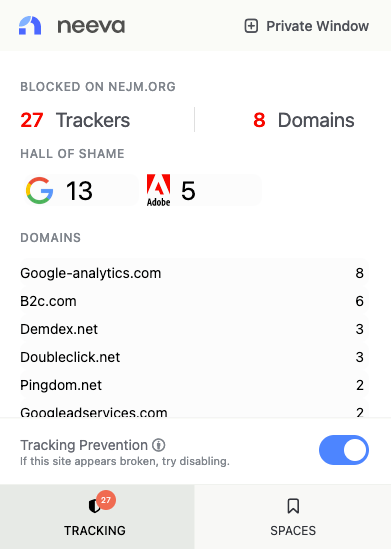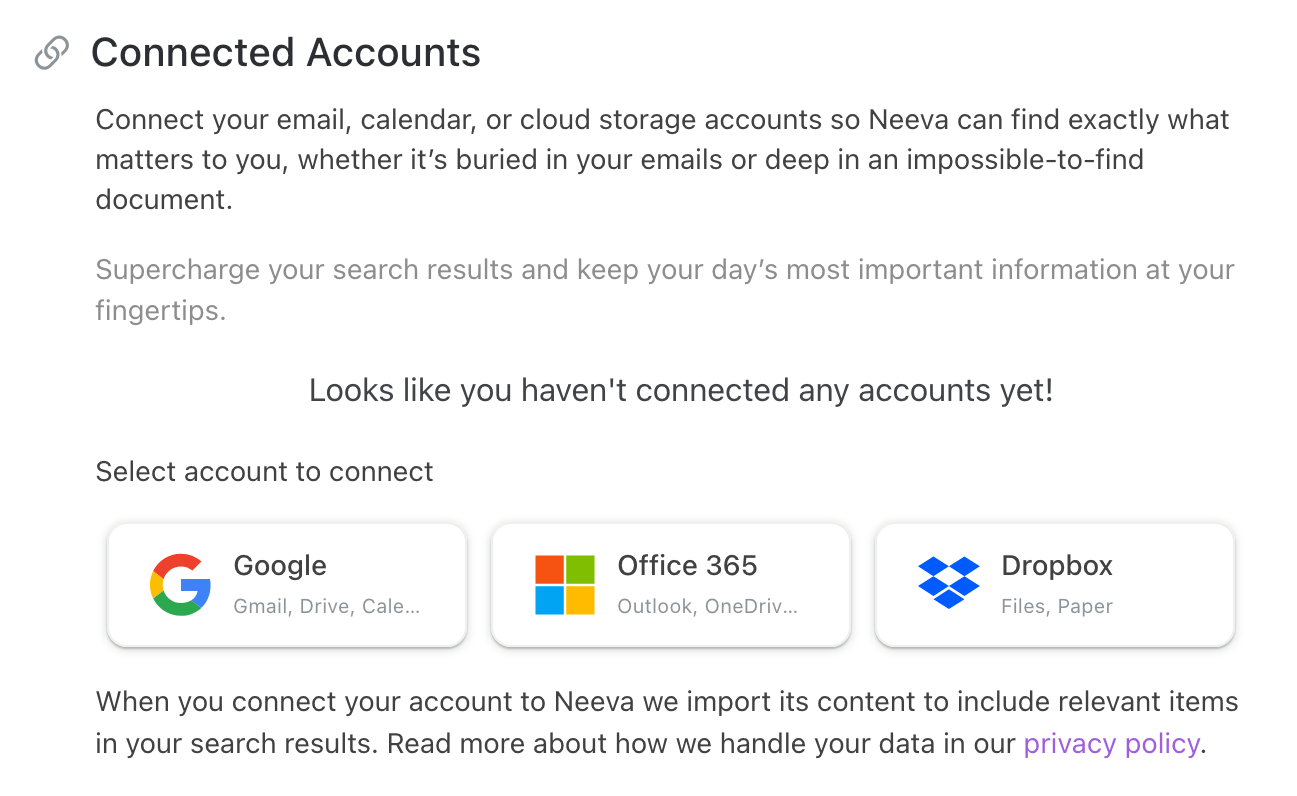First Experiences Using Neeva
Ad-free and with a plan for subscriptions, the new search engine feels liberating

Yesterday, I began participating in the alpha phase for a new search engine, Neeva. It’s been rolling out gradually over the past 6-12 months.
I first became aware of it when Kara Swisher conducted an in-depth interview last July with founder Sridhar Ramaswamy, the former Senior Vice President of Ads & Commerce at Google.
So far, Neeva has raised $77.5 million in venture funding, adding $40 million just this month. This gives the new company an initial valuation of around $300 million.
Neeva may be the most audacious technology launch in a long time, featuring a business model that serves as a rebuke to the assumptions of Silicon Valley and one of its first and most notable products — Google. Neeva is built in spite of surveillance capitalism and “free” ad-driven services that poach your privacy for profit.
The hope is that Neeva will provide a more sane, customized, and safe search service — so much so that people will pay an annual subscription to use it.
When I first heard about it and its business model, I was ambivalent. Part of me would love to see something like this succeed, and I have no problem paying extra for safe water or safe food, so why not safe search? But the other part of me scoffed, thinking this was certainly a bridge too far for subscriptions, and that search was too commoditized to be improved much. After all, Bing and other such attempts haven’t made a dent in Google’s hegemony.
Now that I’ve seen Neeva in action, I’m beginning to think they might be onto something, and that Neeva — or something like it — may be the future of search for a large swath of people, especially busy professionals who want a stable, safe, customized search tool.

The first thing that impresses is the clean interface. It’s nice and tidy, with a few key signals and far less competing noise than Google. I hadn’t realized how cluttered Google has become, with attempts at semantic processing of answers, injection of news stories, sponsored results, image ribbons, and so forth. It’s quite a jumble compared to Neeva, and the calm of Neeva is palpable in comparison.
One of the nicest features is the ability to tune the search engine’s news sources. Options like this will certainly expand over time — imagine tuning it to preferred reference sources or to subscribed content sources — but this is nice enough already. You can browse what seems to me a fairly robust selection of straight news, business news, entertainment news, tech news, and sports news sites, and say you’d prefer more or less from the outlet in question:

Overall, the search results appear reliable and generally comprehensive. But there are weak spots. Image search doesn’t seem as robust as it is for Google, for example. But this may just be a matter of time.
Neeva also comes with a browser plugin designed to block trackers. It’s well done, and has a “Hall of Shame,” where Google Tag Manager regularly appears. Googlevideo (YouTube) and other Google trackers are also routinely blocked. Ramaswamy’s experience leading Google’s ad business surely makes this easier for Neeva, and if Neeva becomes popular, get ready for your web stats to change. Tracker counts for two prominent journal sites are shown below:


Neeva isn’t the only search engine gunning for Google with assertions of improved privacy or control. DuckDuckGo and other search engines have been attempting this for years as a way to shift users. But Neeva is the first big play to make search into a subscription service, and that may make all the difference, as having thousands or millions of paying subscribers will incentivize Neeva to add services while keeping its core covenant intact.
It is also making it easy for Neeva to attract investment — not only won’t they be competing for Google’s ad business, but recurring revenues are boosting share prices across media businesses generally (as they should).
Neeva’s privacy policy is an interesting read. I accessed it after seeing this “Connected Accounts” area of Settings:

While there are some carve-outs to their privacy policy — reasonable ones, I believe — there are also statements I don’t think Google will adopt:
We do not and never have sold consumers’ personal information. . . . We will process the information we import as a result of those connections solely to provide the Services to you.
Neeva is new and nascent — and very interesting. Is there enough here to make me pay $50-100 per year for a subscription? Surprisingly, I have to respond with an optimistic “maybe,” which may easily tumble forward into a “yes” someday.
On one level, that answer says something about how good Neeva feels — clean, direct, uncluttered, relaxed. On another level, that says something about how unpleasant Google has become — messy, busy, cluttered, intense. The offset move here is powerful and well-timed.
I’ll be using Neeva as my default search engine from now on to see how it evolves. It’s already a nice change of pace, and I feel far less assaulted by a search tool. I hope that’s a trend in tech in general.
For more people than I at first imagined, it may be worth paying a little bit to have a safer, calmer, and more customized search experience. Neeva is about to find out.